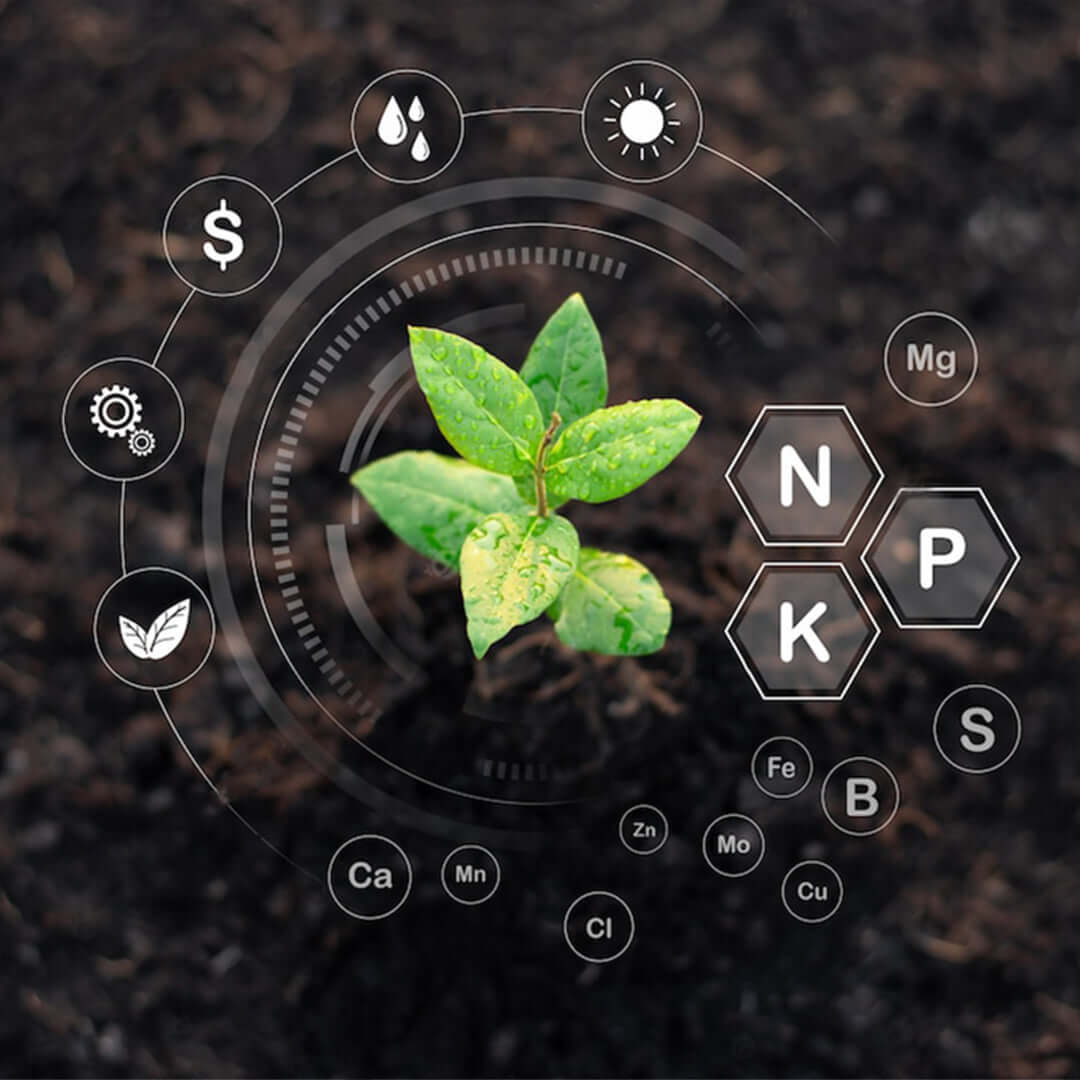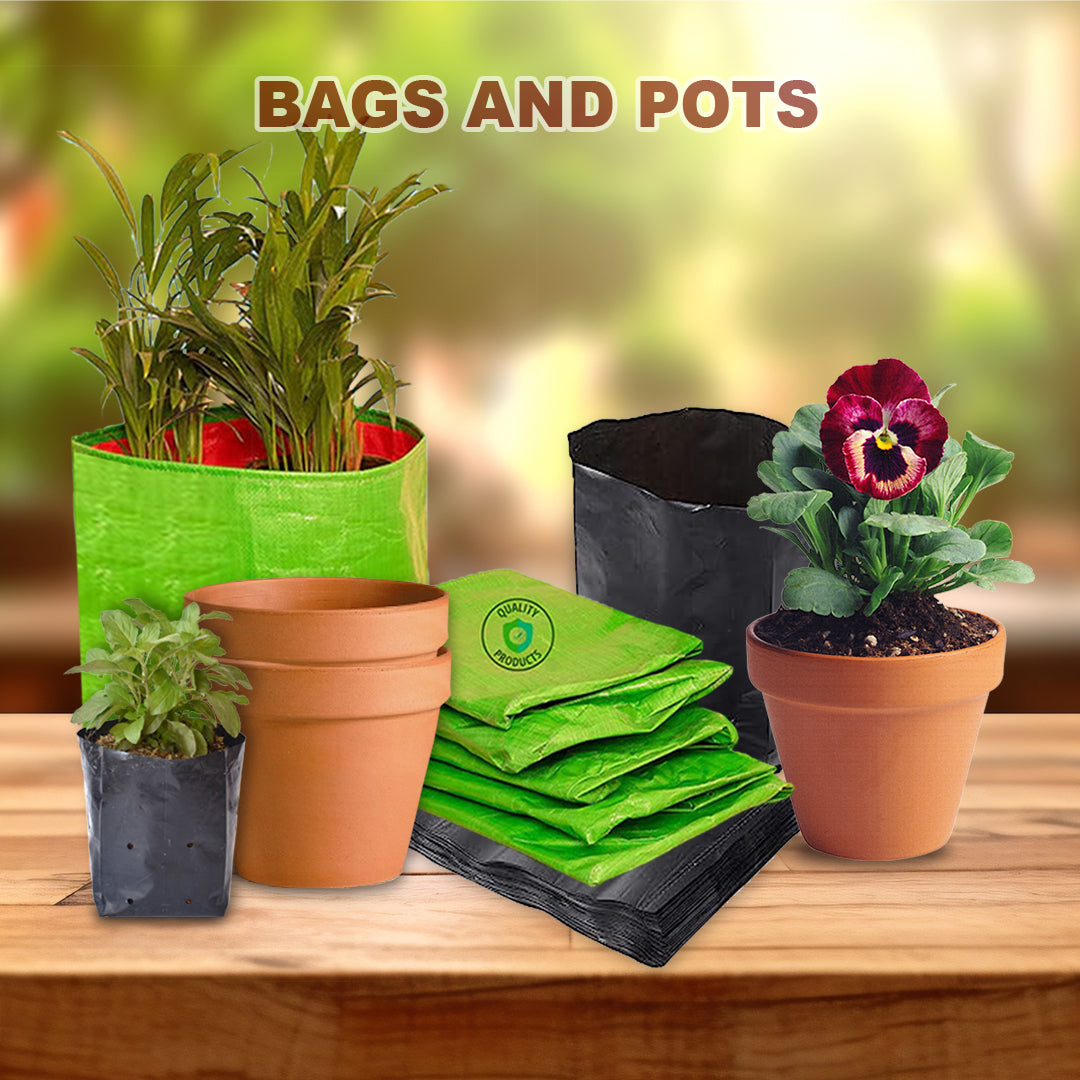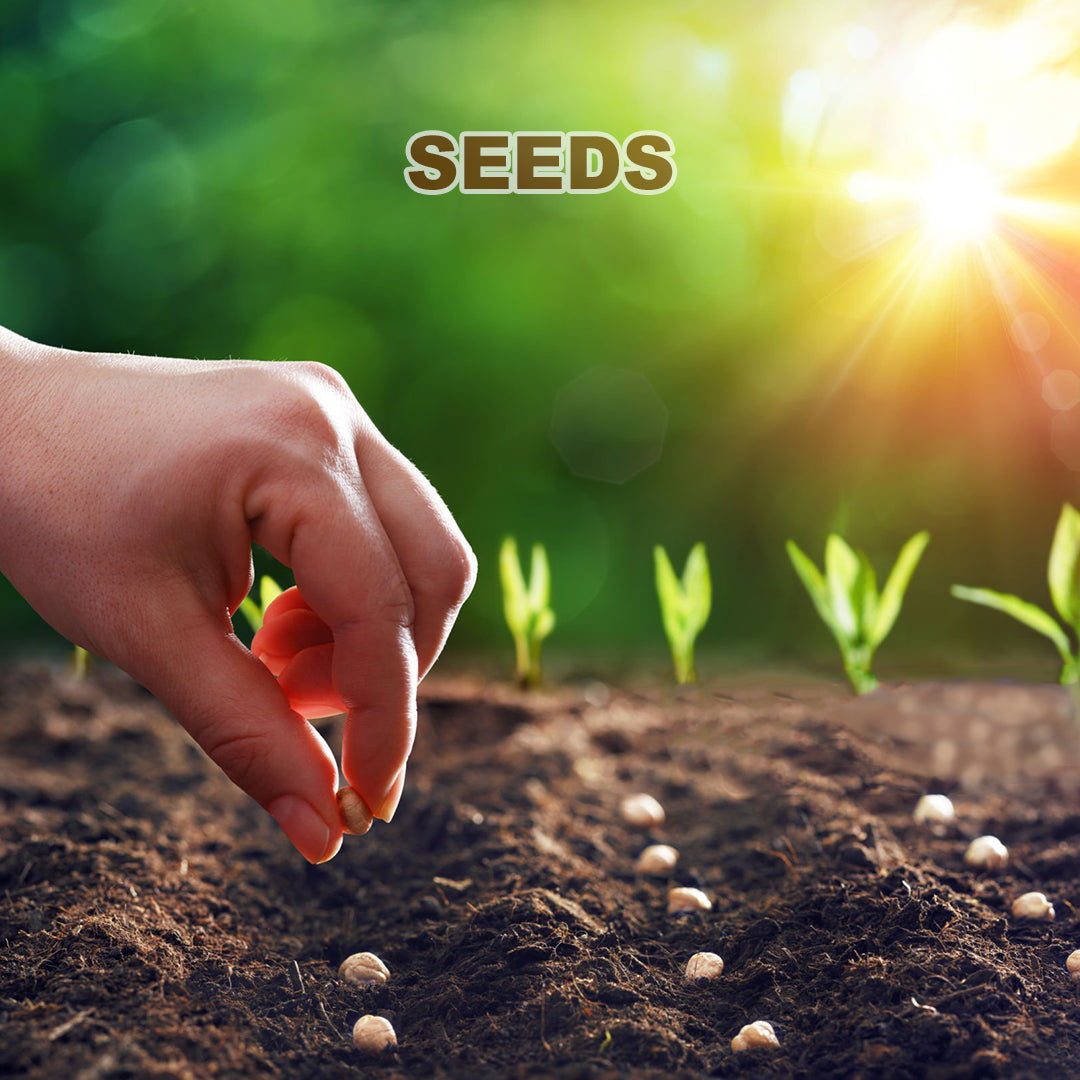If you’ve been struggling with weak and stunted vegetable plants, you’re not alone. Many gardeners face this common issue, wondering why their vegetables aren’t thriving despite their best efforts. The answer could be simpler than you think—your soil might be lacking essential nutrients. One of the most effective and natural ways to give your plants the boost they need is bone meal fertilizer.
What Is Bone Meal?
Bone meal is a finely ground powder made from animal bones, typically from cattle. It is an excellent source of phosphorus and calcium, two crucial nutrients that promote strong root development and overall plant health. In India, where gardening is becoming increasingly popular, bone meal is gaining traction as a go-to soil amendment for both beginner and experienced gardeners.
Why Are Your Vegetables Staying Small and Weak?
Several factors can contribute to poor vegetable growth, including:
-
Nutrient Deficiency: Lack of phosphorus can lead to weak roots, slow growth, and small yields.
-
Poor Soil Structure: Compacted or depleted soil prevents proper nutrient absorption.
-
Incorrect pH Levels: If your soil is too acidic or alkaline, plants can struggle to take up nutrients.
-
Inadequate Watering: Overwatering or underwatering can stress plants and limit growth.
If your vegetables are exhibiting weak stems, small fruits, or slow growth, incorporating bone meal into your gardening routine can be the game-changer you need.
How Bone Meal Helps Your Plants Grow
Bone meal works by slowly releasing phosphorus into the soil, which plants absorb over time. Here’s how it benefits your vegetable garden:
-
Stronger Root Development: A well-developed root system ensures better nutrient and water uptake, leading to healthier plants.
-
Improved Flowering and Fruiting: Phosphorus plays a key role in flower and fruit production, ensuring better vegetable yields.
-
Balanced Nutrient Supply: With added calcium, bone meal helps prevent diseases like blossom end rot in tomatoes and peppers.
-
Sustainable & Long-Lasting: Unlike synthetic fertilizers, bone meal breaks down gradually, providing nutrients over an extended period.
How to Use Bone Meal in Your Garden
Applying bone meal is simple and effective. Follow these steps for best results:
-
Check Your Soil pH – Bone meal works best in slightly acidic to neutral soil (pH 6.0 to 7.0). If your soil is too alkaline, consider adding sulfur to balance it.
-
Mix with Soil – Before planting, mix bone meal into the soil at a rate of 1 to 2 tablespoons per plant or 10 pounds per 100 square feet.
-
Apply Around Existing Plants – If your vegetables are already growing, sprinkle bone meal around the base of the plants and lightly water it in.
-
Reapply as Needed – Bone meal remains effective for several months, but reapply every 4-6 months for optimal results.
Best Vegetables to Use Bone Meal Fertilizer On
Bone meal is especially beneficial for:
-
Tomatoes – Helps prevent blossom end rot and improves fruit development.
-
Carrots & Radishes – Supports strong root growth for better yields.
-
Peppers & Eggplants – Boosts flowering and increases fruit size.
-
Leafy Greens (Spinach, Lettuce, Kale) – Encourages healthy root systems for lush growth.
Where to Buy Quality Bone Meal in India
Go Garden, India’s leading expert in fertilizers and gardening products, offers high-quality bone meal to help you achieve lush, thriving vegetable plants. With easy-to-use, nutrient-rich formulations, Go Garden ensures that home gardeners get the best results for their efforts.
Final Thoughts
If you’re tired of small and weak vegetables, it’s time to take action. Bone meal is a natural, effective, and long-lasting solution that ensures your plants receive the essential nutrients they need. Strengthen roots, improve yields, and enjoy a bountiful harvest with this simple soil amendment.





